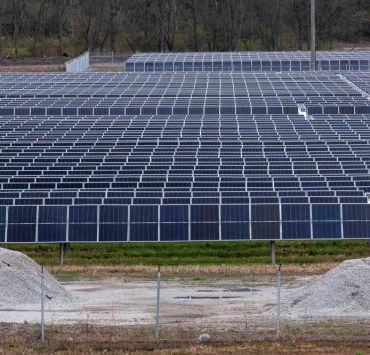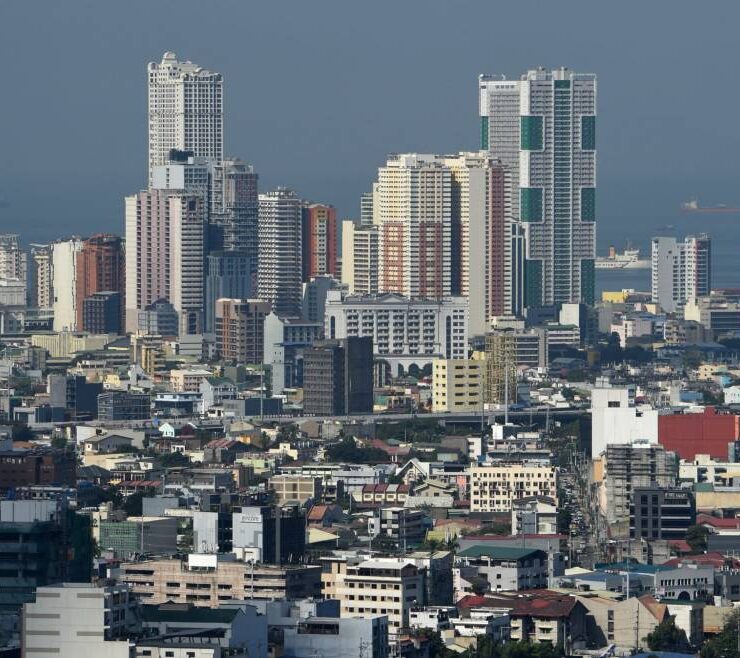Converge gets Korean partner for cloud services

Internet service provider Converge ICT Solutions Inc. and South Korean technology company NAVER Cloud Corp. are working together to develop cloud-based products and services amid the growing digitalization among consumers and enterprises.
In a statement on Friday, the listed company said they had signed the memorandum of understanding (MOU) for this venture.
Converge aims to leverage NAVER’s expertise in crafting cloud solutions that will cater to the local market. The parties also intend to collaborate in deploying technology capabilities related to smart cities and artificial intelligence.
“Our continuous leap to digital [space] calls for advanced solutions that would support a technology-enabled lifestyle in a robust digital environment,” Converge CEO and co-founder Dennis Uy said.
“The Philippines is a high-potential market for cloud and digital transformation business growth, and with the signing of the MOU, we expect to contribute to the digital transformation of the Philippines,” NAVER Cloud CEO Yukon Kim said.
Essential technology
Cloud technology has become crucial for hybrid work setup as it enables company employees to access files and other applications digitally anywhere.
The rising demand for cloud also prompted a surge in investment for data centers, which support the deployment of this critical technology.
Converge, for its part, is set to spend at least $60 million to construct three data centers in Pampanga, Quezon City, and Cebu, which will complement existing facilities in Clark and Pasig.
Each data center will be built with 600 racks, which can be expanded to 1,000. A rack houses servers, networking devices and other equipment.
Converge currently has a fiber network of more than 690,000 kilometers (km) across the country. It is currently building the Bifrost Cable System and the Southeast Asia Hainan-Hong Kong Express Cable System (SEA-H2X), which are targeted to be completed by first quarter of next year.
The 15,000-km Bifrost project will connect the Philippines to Singapore, Indonesia, Guam and the west coast of North America. It has a design capacity of up to 15 terabits per second (Tbps).
The 5,000-km SEA-H2X project, which has a design capacity of 160 Tbps, covers the Philippines, Hong Kong, China, Thailand, East Malaysia and Singapore.
Earlier this year, the internet service provider inked a master facilities provisioning agreement with DITO Telecommunity. The deal allows the parties to share terrestrial and submarine fiber optic cable assets to enhance network redundancy.





















